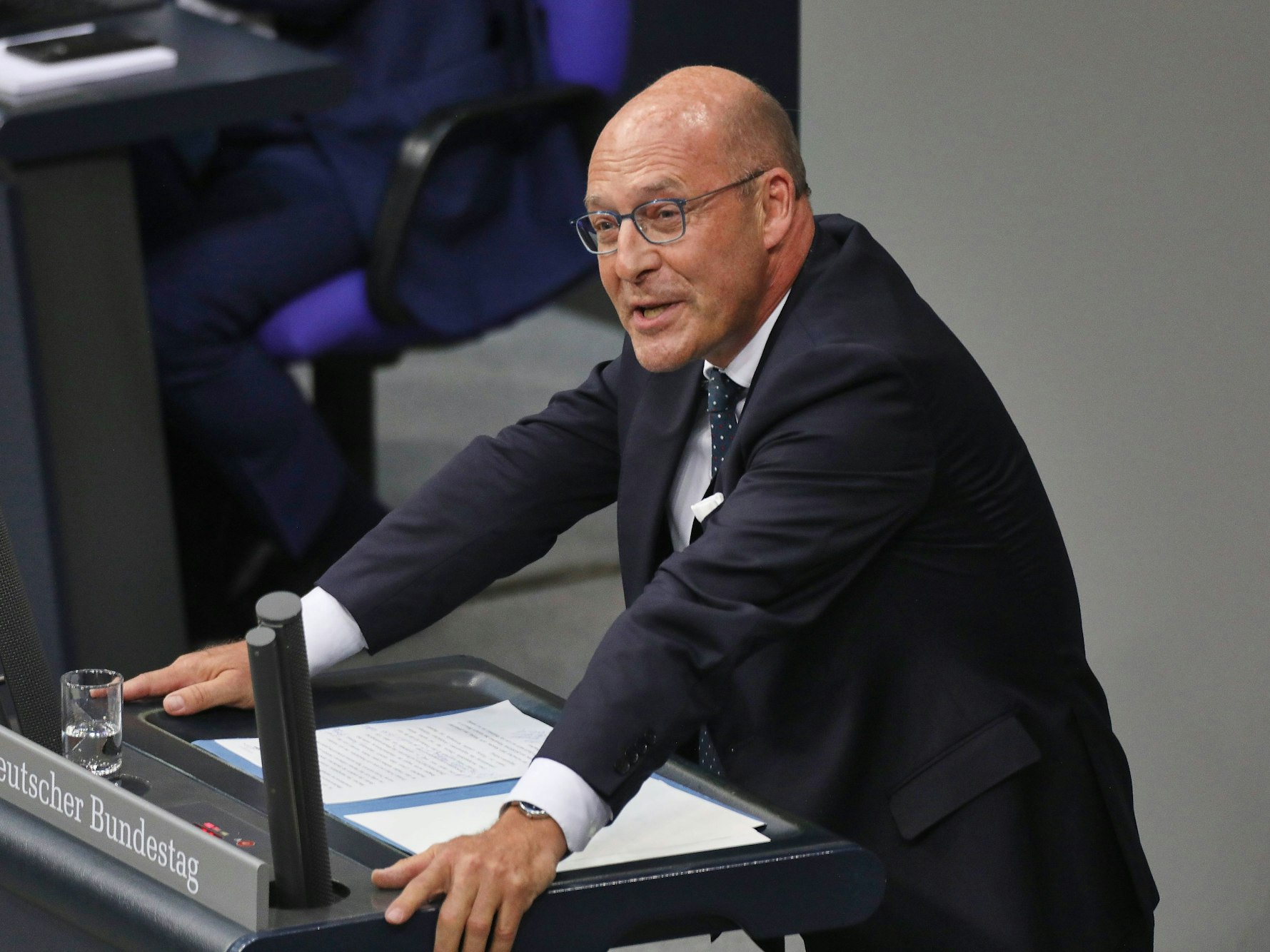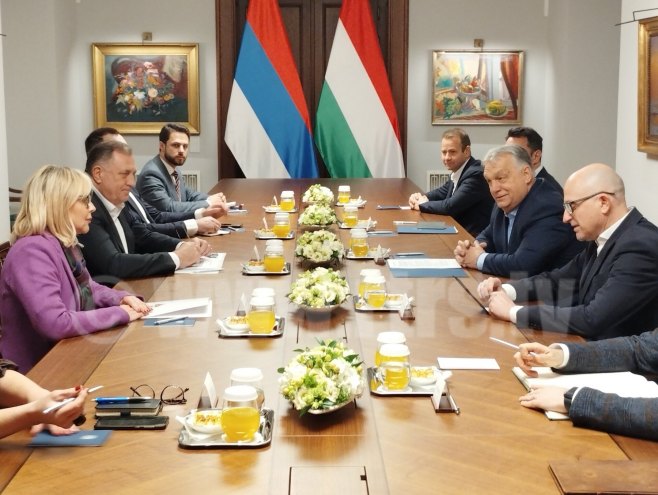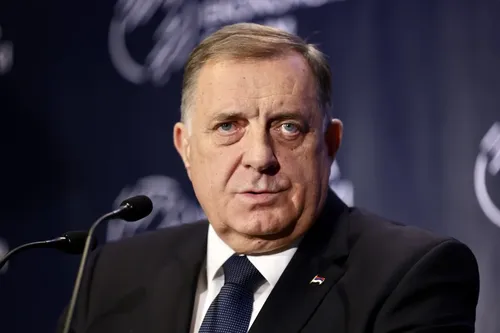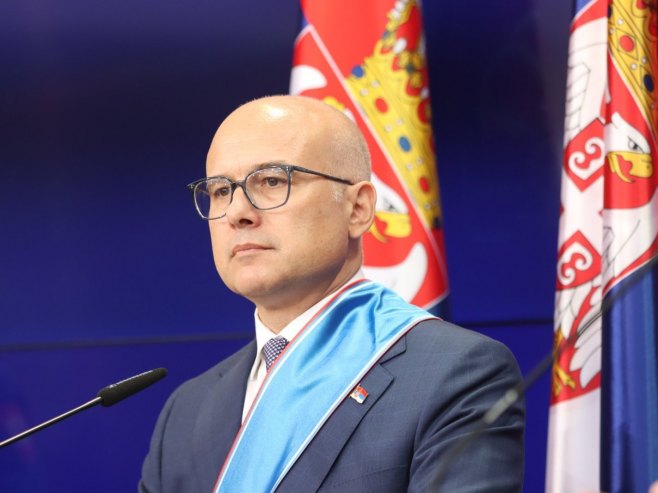Member of the Bundestag Alexander Wolf stated today in the German parliament that labeling the events in Srebrenica as “genocide” represents a political, not a scholarly decision, which further destabilizes the already fragile Bosnia and Herzegovina.
In his address to the Bundestag, Wolf said that understanding the events in Srebrenica requires taking into account a broader historical context, which, as he noted, is often overlooked in the German media.
He reminded that during the war, Srebrenica was a Muslim enclave surrounded by Serb forces, from which armed attacks were launched on nearby Serb villages. He particularly emphasized the attack on the Serb village of Kravica during Orthodox Christmas, during which, according to him, many civilians were killed, including women and children.
“This does not diminish the gravity of the crime in Srebrenica, but without mentioning the prior crimes against Serbs, the picture remains incomplete,” said Wolf, adding that the massacre in Srebrenica was a horrific crime that deserves remembrance.
He criticized the role of then Muslim leader Alija Izetbegović, who, he claimed, opposed the evacuation of civilians from the overcrowded Srebrenica, thus using them as a political tool.
Wolf also questioned the role of the UN and the manner in which the General Assembly adopted the decision to label the crime as “genocide.”
He emphasized that this was done in contrast to the established practice whereby such decisions are made solely in the Security Council, noting that countries such as Israel, Greece, Hungary, and Argentina refused to support the resolution.
“It is unbecoming of Germany to impose resolutions that receive applause only in the Muslim world,” said Wolf, one of Germany’s leading constitutional law experts, former head of the AfD parliamentary group in the Hamburg parliament, and currently a Bundestag member and a member of the Foreign Affairs Committee, where he is also responsible for Balkan affairs.
He pointed out that the imposed “culture of remembrance” does not contribute to reconciliation, but rather deepens divisions among the peoples in BiH, while the EU and the UN, as he stated, have become instruments of Turkey’s foreign policy.
“Turkey has for years encouraged the Islamization of once-secular Bosniaks, and this agenda is now reflected in education, the media, and public life,” said Wolf.
He called for a rational approach and emphasized that it is in the interest of Germany and Europe for BiH to remain stable and not become an instrument of Islamic influence in the Balkans.
Source: SRNA









